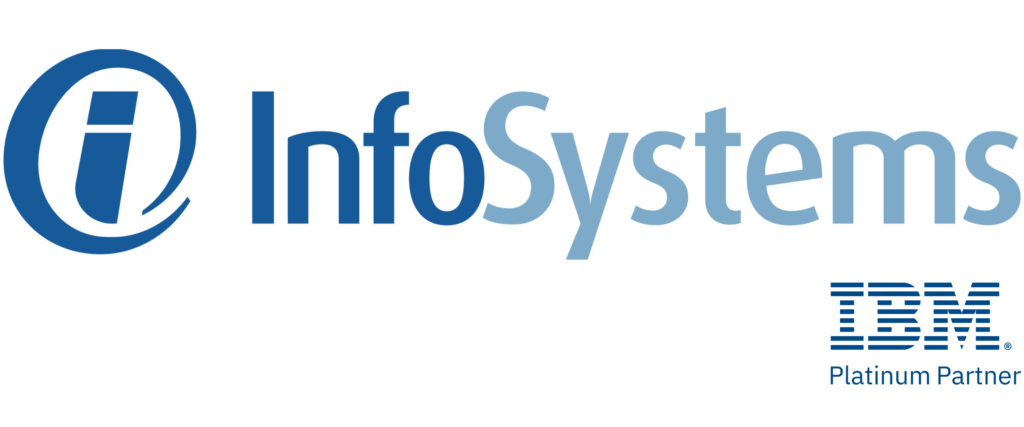Every industry has specific safety and security compliance regulations. These standards are based on the type of information your clients provide to your company and could include details surrounding a customer’s identity, education, health, or financial information.
The financial and healthcare industries have a unique responsibility to protect their customers’ sensitive information.
It’s crucial that healthcare and financial services organizations understand what compliance measures are required of them, and why they’re so important to follow.
[This article is part of our Guide to Information Security and Compliance]
Healthcare Compliance Training for Employees
Businesses that interact with the personal health data of customers are held to high standards for privacy as set by the Health Insurance Portability and Accountability Act (HIPAA).
These high standards exist because a patient’s personal health data is valuable. In the event of a data breach, hackers can leverage this sensitive data to demand a hefty ransom, which can put your company in an extremely complicated situation if you’re the victim of an attack.
Passed in 1996 to protect patient records, HIPAA provides anonymity to “all forms of individual’s protected health information, whether electronic, written, or oral.”
HIPAA guidelines and regulations are constantly updated as the healthcare industry expands the use of electronic medical records, telehealth services and other new digital technologies.
Healthcare organizations today rely heavily on technology, so cybersecurity is essential for hospitals and medical offices to remain resilient against system failures and attacks.
Cybersecurity and governance efforts, however, are only as strong as the individuals who interact with patient information daily, and HIPAA training is therefore required for all healthcare professionals.
All administrative staff undergoes HIPAA security training, while direct care providers must undergo both security and privacy training. These trainings cover important aspects of HIPAA like rules around patient rights, information security, violation consequences, and more.
When healthcare employees are current on their HIPAA training and compliance information, they are better equipped to respond to security threats and have peace of mind that they’re serving their patients well.
Healthcare Security Standards Beyond HIPAA
While HIPAA is the primary security standard in healthcare, there are additional standards that exist to protect the healthcare industry in tandem with HIPAA such as HITECH and HITRUST. A managed IT services provider (MSP) will implement the relevant framework requirements into your systems.
HITECH: The Health Information Technology for Economic and Clinical Health Act exists to “promote the adoption and meaningful use of health information technology,” specifically referring to adopting electronic health records (EHRs). HITECH outlines digital standardization processes and adds security and privacy protections for healthcare data.
HITRUST: Originally known as the Health Information Trust Alliance, HITRUST serves as a certifying process that consolidates compliance activities for multiple organizations such as NIST, ISO, PCI and GDPR. This provides organizations with a comprehensive, flexible, and efficient approach to regulatory compliance standards.
IT Compliance for Financial Institutions
While healthcare is responsible for protecting the personal health information of their patients, the financial industry is responsible for protecting the personal financial information of their clients.
And because of their unique exposure to sensitive customer data, financial services companies are uniquely targeted by cyber threats much in the same way healthcare organizations are.
Online banking continues to be more widely adopted by consumers. In fact, 78% of US adults prefer online banking to in-person. Because of this rise in digital banking coupled with the private information banks are required to protect, regulatory compliance will protect the well-being of employees, customers, and their company at large.
Some specific regulations designed to protect customers private financial data are:
SOX
The Sarbanes Oxley Act ensures that important financial data is safeguarded and stored correctly. SOX will conduct audits of financial organizations to evaluate things like IT security, access controls and data storage.
GLBA
While SOX is primarily concerned with securing records and data, the Gramm-Leach-Bliley Act gives clients autonomy to choose whether or not to share data with third parties, and keeps patients in control over the use of their information.
These complex regulations are crucial for the well-being of your company and your customers. No institution wants to risk falling out of compliance and facing fines. We recommend using a third-party partner to monitor your compliance efforts for accuracy and effectiveness.
NIST/ISO/CFS: Cross-Industry Standards
Whether you seek compliance support in healthcare, finance, education, or another industry, a great place to start is with the top two compliance standards for any industry – NIST and ISO.
The National Institute of Standards and Technology (NIST) provides the Cybersecurity Framework to evaluate a cybersecurity system for your organization, taking into consideration the maturity of your system and understanding your organization’s risk tolerance.
The International Organization for Standardization (ISO) is a comprehensive aid to help organizations across industries comply with the best and highest security standards.
Conclusion
No matter where your organization is in its cybersecurity and compliance journey, you can get support from experts on specific regulations like HIPAA, SOX, and NIST, so your company can ensure the highest levels of information safety and security to your customers.
A one-time compliance management initiative won’t be enough to keep up with the rapidly changing technological landscape of the healthcare and financial industries – get equipped today by connecting with a managed IT services provider, like InfoSystems.
If you need help discovering compliance services, training, or consultations in the healthcare and financial sectors, contact InfoSystems today.
[This article is part of our Guide to Information Security and Compliance]

